Are you a Matcha seller? Join as a Vendor
Discover the full list of the best matcha brands on best-matcha.com. Whether you are looking for a tea market leader, or a small japanese farm, we have got you covered.
No brands match your search Reset filters?
Browse the complete list of matcha brands. Find the best japanese green tea for your needs on best-matcha.com. A centralized page to find the best matcha brand with:
On this page, click on a card to browse the presentation of a specific brand.
Here you can find the top matcha brands according to the community, as of March 2026. Click on a card to open the brand presentation.
Choosing a matcha brand is hard. Culinary, ceremonial, japanese, freshly milled, ... there are many criteria impacting your choice. Best-matcha.com is here to make it easier for you.
Emilie — Founder of best-matcha.com
There are no results matching your search
A matcha brand is a company that produces, packages, or markets matcha under their own label and identity.
These range from centuries-old Japanese tea companies like Marukyu Koyamaen and Yamamasa Koyamaen who grow and process their own tea, to modern Western brands that source from Japanese farms and create their own blends.
Matcha brands typically control several aspects of their products:
Some brands focus exclusively on ceremonial grades for traditional tea preparation, while others offer full product lines including latte blends, culinary grades, and ready-to-drink options.
The key distinction is that brands maintain consistent product specifications and quality standards under their name, even if they don’t own the farms or processing facilities.
Ready to sell your matcha on our marketplace? We’re looking for established vendors with quality products, whether you’re a direct importer, tea shop, or specialty distributor.
Our platform handles payment processing and provides tools to manage your inventory and orders. You keep control of your pricing, product descriptions, and fulfillment while reaching customers through our unified marketplace.
The application process takes about 5-7 business days from submission to approval.
Register with your business email and verify your account to get started.
Once the account is created, go ahead and create a brand, filling all the required fields.
Add your brand’s history, some photos, and all the required details for the brand page.
We’ll review your profile within 7 days and plan an onboarding call once approved.
Our marketplace has a broad list of brands:
Get your matcha through quality vendors.
From everyday culinary grade to competition-level ceremonial matcha for every taste and budget.
Growing network of matcha enthusiasts sharing reviews, recipes, and recommendations daily.
From traditional Japanese producers to modern artisanal companies, the complete list of matcha brands encompasses a wide range of options, each with its unique flavor profile, sourcing practices, and preparation methods.
Whether you’re seeking a ceremonial-grade matcha for a traditional tea ceremony or a convenient, ready-to-drink matcha latte, the market offers a comprehensive selection to cater to every taste and preference.
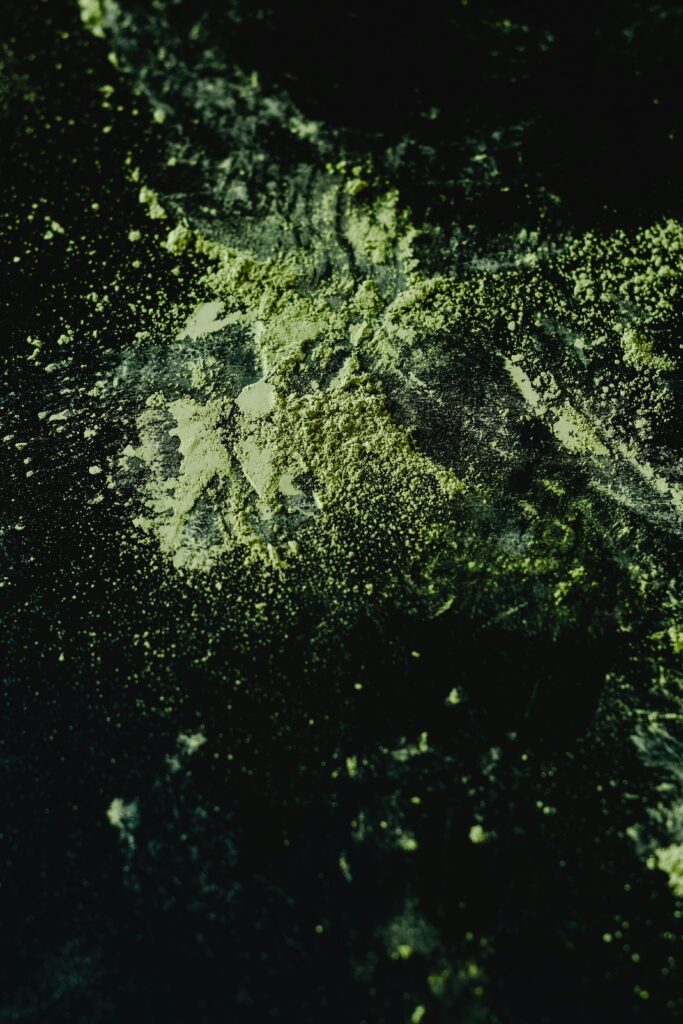
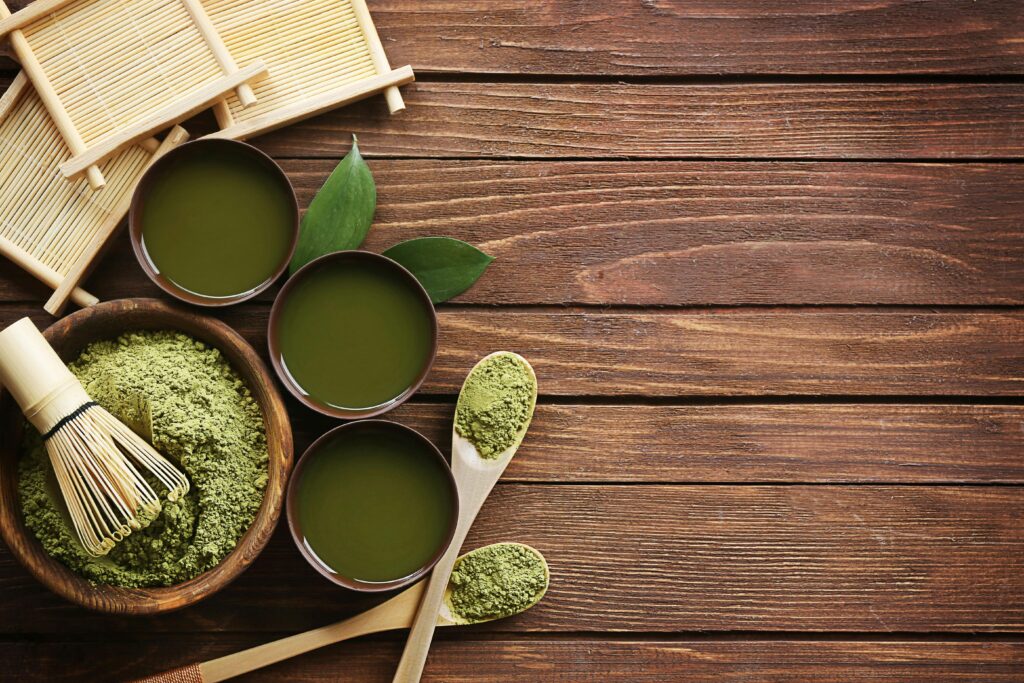
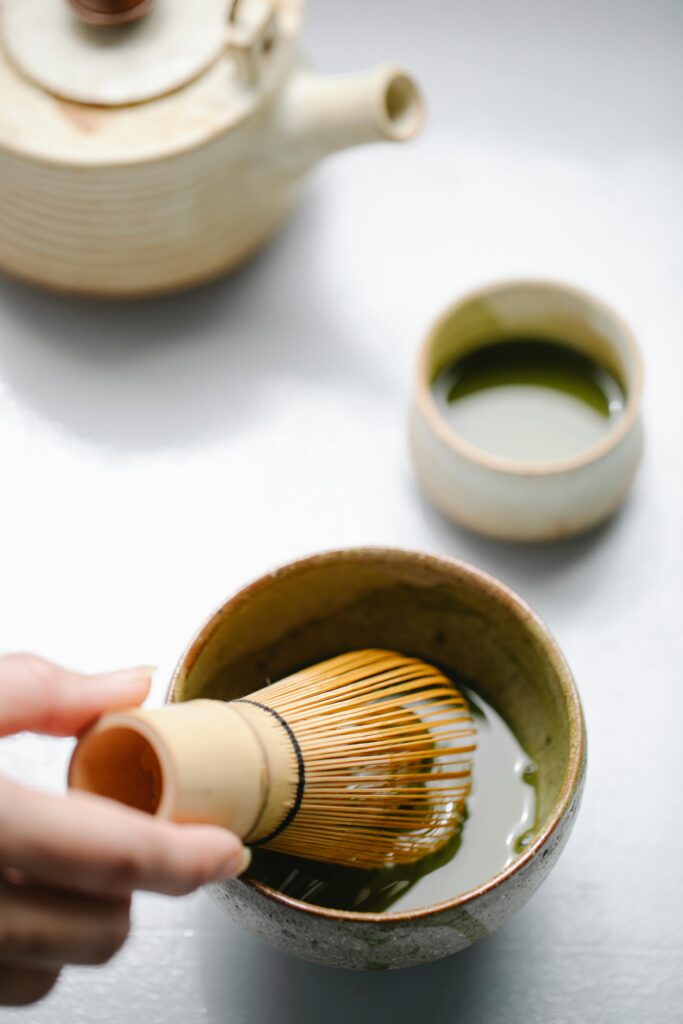
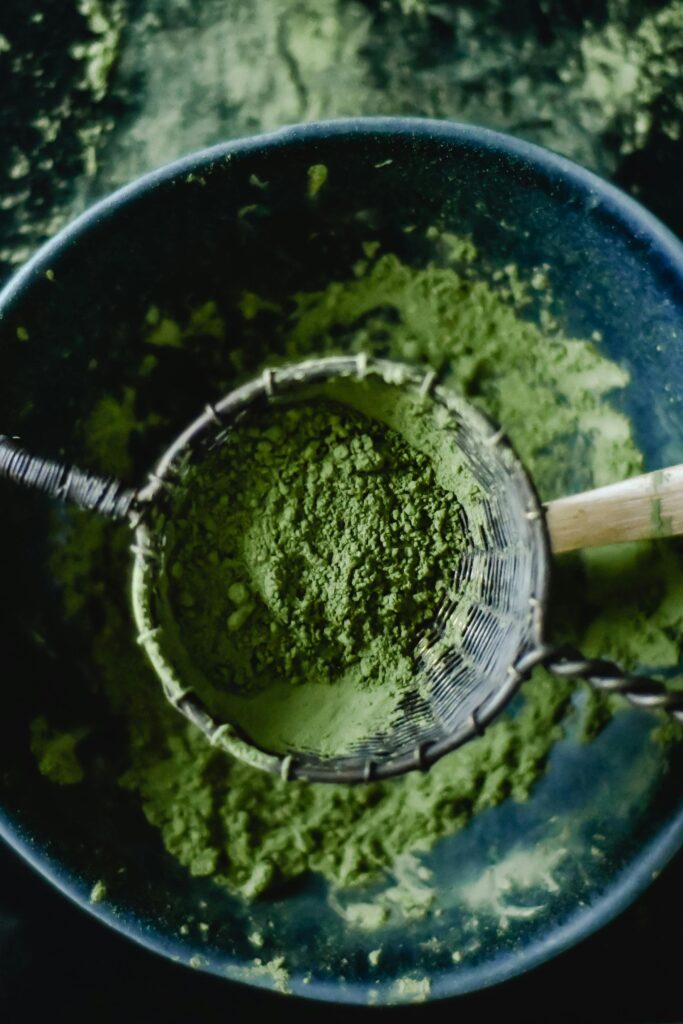
Use the links below to access more resources about japanese green tea. Our platform features the largest collection of matcha-related content and products.
Join our community to continue your matcha journey!
Everything you actually need to know about matcha, from basic whisking to why some powder costs $100.
Shop directly from matcha sellers we trust – no dropshippers, no sketchy Amazon brands, just good tea.
Shop all matcha grades in one place – ceremonial for drinking, culinary for lattes, and everything between with honest pricing.
Common questions about ordering from our marketplace vendors. Learn about shipping timelines, return policies, quality guarantees, and how to contact specific vendors about their products. We’ve compiled answers based on the most frequent customer inquiries.
Some popular matcha brands include:
Different brands offer various flavor profiles, sourcing methods, and price points to suit different preferences and budgets.
Ceremonial Grade Matcha Brands: Ceremonial grade matcha is available from various brands in the market, including Ippodo, Marukyu Koyamaen, and Encha. This grade is made from the youngest tea leaves and is characterized by vibrant green color, smooth texture, and naturally sweet taste that works well for traditional tea preparation.
Culinary Grade Matcha Brands: Culinary grade matcha is offered by numerous brands such as Jade Leaf, Republic of Tea, and Navitas Organics. This grade provides more affordable options with a stronger, slightly bitter flavor that performs well in lattes, smoothies, and baking.
Key difference: The main differences lie in harvest timing, processing methods, and intended use, with ceremonial grades commanding premium prices due to their superior taste and color.
Authentic Japanese matcha brands will clearly state their origin region (Uji, Nishio, Shizuoka, or Kagoshima), provide details about their tea farm or estate, and often include the cultivar name (like Okumidori or Yabukita).
Look for these key indicators: Traditional processing methods like stone-grinding (ishiusu), shade-growing duration (typically 20-30 days), and harvest season (first flush/ichibancha is highest quality).
Japanese matcha brands available in the market include Ippodo Tea, Marukyu Koyamaen, Fukujuen, and Tsujiri, among others. When evaluating matcha products, check that they specify origin details rather than simply stating “imported,” as matcha is produced in multiple countries including Japan, China, and other regions.
Examples of matcha brands used by cafés and food service establishments:
| Large Suppliers | Aiya, ITO EN, Maeda-en |
| Café-Focused Brands | MatchaBar, Mizuba Tea Co., Jade Leaf Matcha |
| Specialty Tea Companies | Rishi Tea, David’s Tea, 3 Leaf Tea |
These brands offer wholesale pricing, consistent supply chains, and matcha formulated to maintain its color and flavor when mixed with milk and sweeteners. Professional establishments typically select café-grade matcha for its balance of quality and cost-effectiveness.
Entry-level matcha options are available from various brands including Jade Leaf Matcha, Encha, and Matcha Love. Some brands offer starter sets with preparation tools, while others provide pre-portioned packets for convenience.
Brands such as PureChimp and Clever Matcha cater to beginners with milder flavor profiles and educational resources. Health-focused options include products from Vital Proteins and Navitas Organics that combine matcha with additional ingredients.
Many matcha brands provide preparation guides, recipes, and customer support to help newcomers learn about matcha preparation and usage.
Matcha is available across various price points to accommodate different uses and budgets. The following categories reflect market pricing and are not quality judgments:
Price differences reflect factors including origin region, harvest timing, processing methods, organic certification, and import costs. Each price range serves specific purposes and preferences.
Value in matcha varies based on individual needs and preferences. Here are some examples across different price categories:
Lower Price Range Examples: Brands like Jade Leaf Matcha, Kirkland Signature (Costco), and Trader Joe’s offer matcha at lower price points, with culinary grades often under $1 per serving.Note: “Best value” is subjective and depends on individual taste preferences, intended use, and budget. These are simply examples of brands available at different price points.
Various brands offer flavored and blended matcha products. Matcha Love offers sweetened and unsweetened varieties, while Republic of Tea produces blends with flavors like vanilla, ginger, and mint. David’s Tea includes seasonal options such as maple and vanilla matcha.
Functional blends are available: Brands such as Vital Proteins combine matcha with collagen peptides, Four Sigmatic blends matcha with functional mushrooms, and Clever Matcha offers combinations with ingredients like turmeric and moringa.
Brands like Pink Moon and Golde produce colored matcha products with added adaptogens, providing alternatives to traditional pure matcha for consumers seeking variety.
Note: These flavored and blended products differ from traditional matcha and cater to different preferences and uses.
International availability: Brands such as Ippodo Tea, ITO EN, Aiya, and DoMatcha offer shipping to multiple countries worldwide.
Primarily US-focused: Brands including Jade Leaf Matcha, Encha, MatchaBar, and Mizuba Tea Co. primarily serve the American market, though some offer international shipping options.
Regional presence: Brands such as Kenko Tea (Australia), PureChimp (UK), Kumiko Matcha (Europe), and Chalait (New York) have established presence in specific regions.
Availability varies by location. Check individual brand websites for specific shipping policies and restrictions, as import regulations and costs differ by country.
Several matcha brands emphasize single-origin or direct farm sourcing in their business models:
Examples of farm-direct sourcing: Brands such as Mizuba Tea Co. source from farms in Uji, Breakaway Matcha works with farms in Aichi prefecture, Sazen Tea sources from Shizuoka, and Matcha Konomi partners with estates in Uji.
Other brands with direct sourcing include Three Tree Tea (Kagoshima) and Soar Organics (Kyoto). Some established brands such as Ippodo Tea and Marukyu Koyamaen own their tea estates.
Direct farm relationships can provide supply chain transparency and traceability. When evaluating brands, consider verifying their sourcing claims and whether this aspect aligns with your purchasing priorities.
Various matcha brands are used by tea professionals and featured in specialty establishments:
Brands such as Ippodo Tea offer extensive product ranges with varieties like Ummon and Seiun. Marukyu Koyamaen produces competition-grade matcha including Isuzu and Chigi no Shiro.
Mizuba Tea Co. provides educational resources alongside their matcha products. These and other brands are available through specialty tea shops and used in various food service establishments.
Note: Professional preferences vary based on individual taste, application, and customer needs. These are examples of brands available in the specialty tea market.
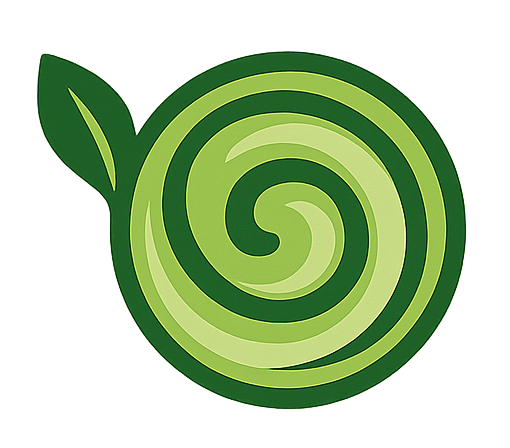
Join our mailing list to receive updates and exclusive tips.
There are no results matching your search